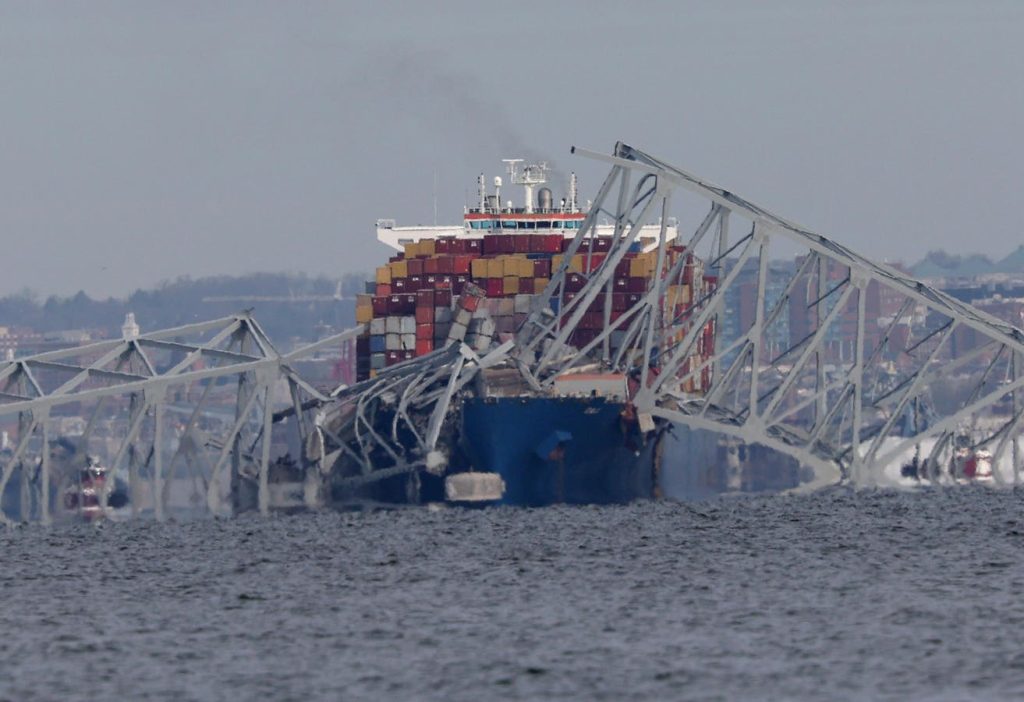The collapse of the Francis Scott Key Bridge after being struck by a container ship has devastated the Port of Baltimore and caused significant economic repercussions. The bridge, opened in 1977, was a vital link connecting the port to the Chesapeake Bay and the Atlantic Ocean. Maryland Governor Wes Moore labeled the collapse as a “global crisis,” estimating a $15 million per day economic impact due to the closure of the waterway.
The Port of Baltimore, which employed 15,000 individuals and supported 140,000 indirect jobs in 2023, generated billions in business revenue, wages, and state tax revenue. The port handled significant amounts of passengers and foreign cargo, further emphasizing its economic importance. The collapse of the bridge has disrupted the flow of goods and passengers, leading to widespread financial losses for businesses not only in Maryland but also across the Mid-Atlantic region.
In response to the catastrophe, the U.S. Small Business Administration (SBA) announced that small businesses affected by the collapse could apply for low-interest, long-term Economic Injury Disaster Loans (EIDLs). The SBA has opened Business Recovery Centers in Baltimore and Dundalk to assist business owners with loan applications and provide updates on the process. Businesses in Maryland, the District of Columbia, and several other states are eligible to apply for EIDLs to help mitigate the financial impact of the bridge collapse.
There is a consensus on the need to rebuild the Francis Scott Key Bridge, with support coming from various government officials and lawmakers. The U.S. Senate Committee on Commerce, Science, and Transportation expressed support for the federal government to lead the rebuilding efforts. Additionally, the Maryland delegation introduced legislation requiring the federal government to cover the costs of reconstructing the bridge. The rebuilding process is seen as essential for reconnecting communities and ensuring the continued flow of goods and passengers across the region.
The tragedy of the bridge collapse underscores the importance of infrastructure projects funded through the Bipartisan Infrastructure Law. With investments in road repairs, bridge renovations, and port upgrades, communities can enhance their supply chains, lower costs, and improve the movement of goods. U.S. Transportation Secretary Pete Buttigieg highlighted the thousands of ongoing infrastructure projects across the country that are creating jobs and bolstering the nation’s economic resilience. The bridge collapse serves as a stark reminder of the critical need to invest in infrastructure to protect the economy and ensure the smooth functioning of essential transportation networks.
Overall, the collapse of the Francis Scott Key Bridge has had far-reaching implications on the U.S. economy and highlights the vulnerability of essential infrastructure. As communities grapple with the aftermath of the tragedy, there is a renewed focus on bolstering infrastructure to safeguard against future disruptions. The response to the collapse, including funding for rebuilding efforts and support for affected businesses, demonstrates the importance of proactive measures to strengthen infrastructure and protect economic stability.


